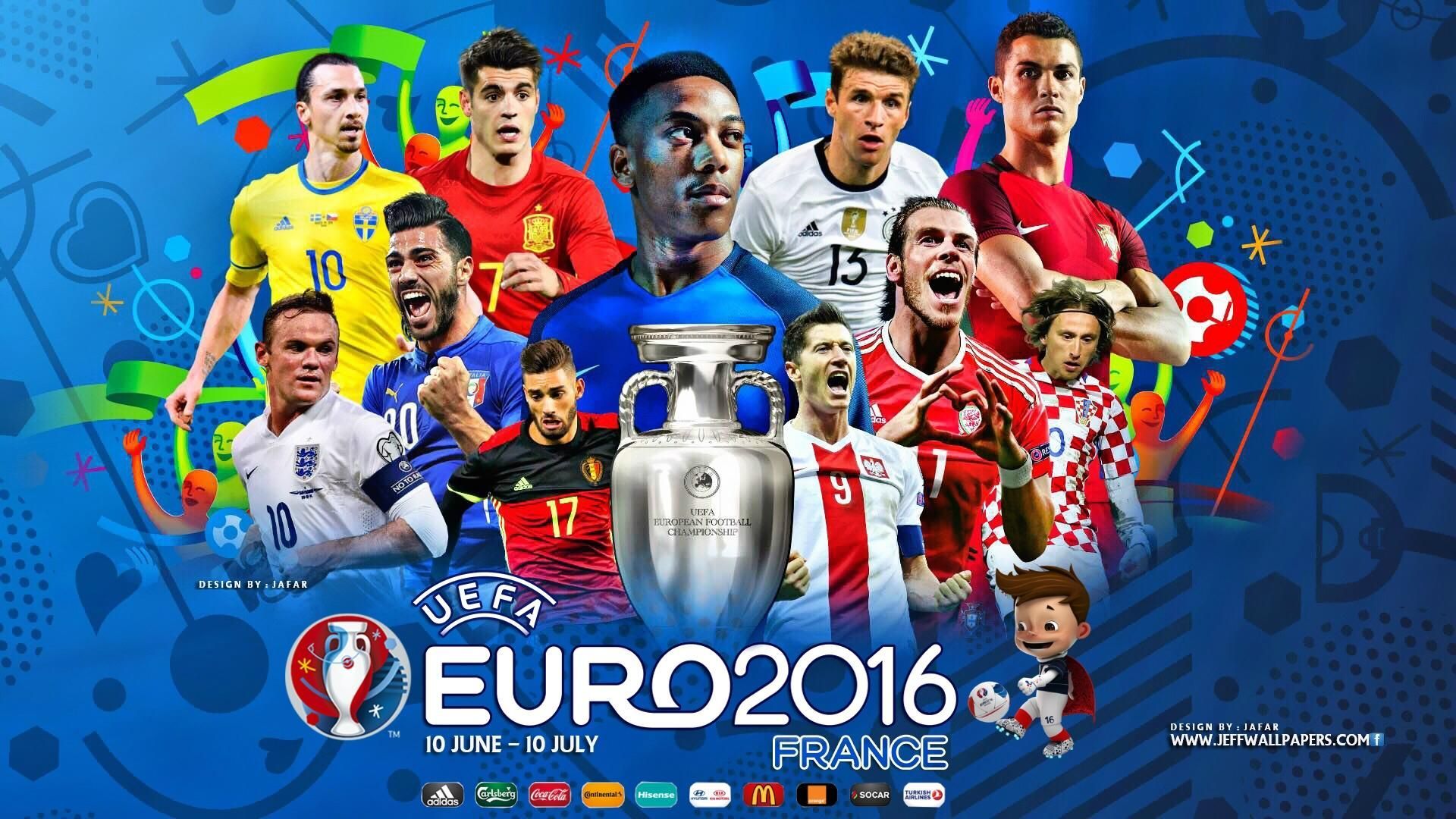Euro Cup: A Comprehensive Guide To Europe's Premier Football Tournament
The Euro Cup, officially known as the UEFA European Championship, is one of the most prestigious football tournaments in the world. This competition brings together the best national teams from across Europe to compete for glory and pride. With a rich history dating back to its inception in 1960, the Euro Cup has evolved into a highly anticipated event that captivates millions of fans worldwide. In this article, we will delve into the fascinating aspects of the Euro Cup, exploring its history, format, memorable moments, and much more.
The Euro Cup not only showcases the incredible talent of European footballers but also serves as a platform for national pride. Every four years, fans rally behind their teams, creating an electrifying atmosphere in stadiums and living rooms alike. As we explore the tournament's significance, we'll examine the impact it has on players, teams, and the sport as a whole.
From legendary matches to emerging stars, the Euro Cup is a treasure trove of stories that resonate with football enthusiasts. This guide aims to provide you with an in-depth understanding of the Euro Cup, its evolution, and its role in shaping the future of European football.
Table of Contents
- 1. History of the Euro Cup
- 2. Format of the Tournament
- 3. Memorable Moments in Euro Cup History
- 4. Top Teams in Euro Cup History
- 5. Iconic Players of the Euro Cup
- 6. Recent Euro Cup Tournaments
- 7. Future of the Euro Cup
- 8. Conclusion
1. History of the Euro Cup
The Euro Cup was first held in 1960, with the inaugural tournament taking place in France. Initially, the competition featured only four teams, with the Soviet Union emerging as the first champion. Over the years, the tournament has expanded significantly, reflecting the growth and popularity of football across Europe.
Key milestones in Euro Cup history include:
- 1960: The first Euro Cup, won by the Soviet Union
- 1980: The tournament expanded to 8 teams
- 1996: Introduction of the penalty shootout in case of draws
- 2000: The tournament increased to 16 teams
- 2016: Expansion to 24 teams, allowing more nations to participate
2. Format of the Tournament
The Euro Cup format has evolved over the years to accommodate more teams and matches. As of the latest tournament, the format consists of:
- Group Stage: 24 teams are divided into 6 groups of 4.
- Knockout Stage: The top two teams from each group, along with the four best third-placed teams, advance to the knockout stage.
- Final: The two remaining teams compete for the championship title.
The Group Stage
During the group stage, each team plays three matches, and points are awarded for wins and draws. The teams with the highest points progress to the knockout stage.
The Knockout Stage
The knockout stage features single-elimination matches, leading to the final. This format adds an exciting element of unpredictability, as any team can triumph on the day.
3. Memorable Moments in Euro Cup History
The Euro Cup has witnessed numerous unforgettable moments that have become etched in football lore. Some of these moments include:
- 1988: Netherlands defeating the Soviet Union in the final with a stunning 2-0 scoreline.
- 1996: England's dramatic penalty shootout win over Spain in the quarter-finals.
- 2004: Greece's stunning victory against Portugal in the final, emerging as underdogs.
- 2016: Portugal's first Euro Cup title, defeating France in the final.
4. Top Teams in Euro Cup History
Several national teams have established themselves as powerhouses in Euro Cup history. The most successful teams include:
- Germany: 3 titles (1972, 1980, 1996)
- Spain: 3 titles (1964, 2008, 2012)
- France: 2 titles (1984, 2000)
- Italy: 2 titles (1968, 2020)
5. Iconic Players of the Euro Cup
The Euro Cup has showcased some of the greatest football players in history. Notable players include:
- Michel Platini (France): 9 goals in the 1984 tournament.
- Cristiano Ronaldo (Portugal): All-time leading goalscorer in Euro history.
- Franz Beckenbauer (Germany): Captained Germany to victory in 1972 and managed the team in 1996.
6. Recent Euro Cup Tournaments
The most recent Euro Cup took place in 2020, delayed to 2021 due to the COVID-19 pandemic. Italy emerged as the champion, defeating England in a thrilling final that ended in a penalty shootout.
Looking ahead, the next Euro Cup is scheduled to take place in 2024 in Germany, promising another exciting chapter in European football.
7. Future of the Euro Cup
The Euro Cup continues to evolve, with discussions about expanding the tournament further and incorporating new technologies, such as VAR (Video Assistant Referee), to enhance the fairness of matches. The future of the Euro Cup looks bright, with more opportunities for nations to compete and showcase their talent on a global stage.
8. Conclusion
In conclusion, the Euro Cup is more than just a football tournament; it is a celebration of European cultures, rivalries, and the beautiful game itself. From its rich history to the unforgettable moments that define it, the Euro Cup holds a special place in the hearts of football fans. As we look forward to future tournaments, we invite you to share your thoughts and experiences related to the Euro Cup in the comments below.
Thank you for reading our in-depth guide to the Euro Cup. We hope you found it informative and engaging. Don't forget to share this article with fellow football enthusiasts and explore our other articles for more insights into the world of sports!
Brett Favre: The Legendary Quarterback Of The NFL
Vicky Jain: The Rising Star Of Indian Television
Shedeur Sanders: The Rising Star In College Football


